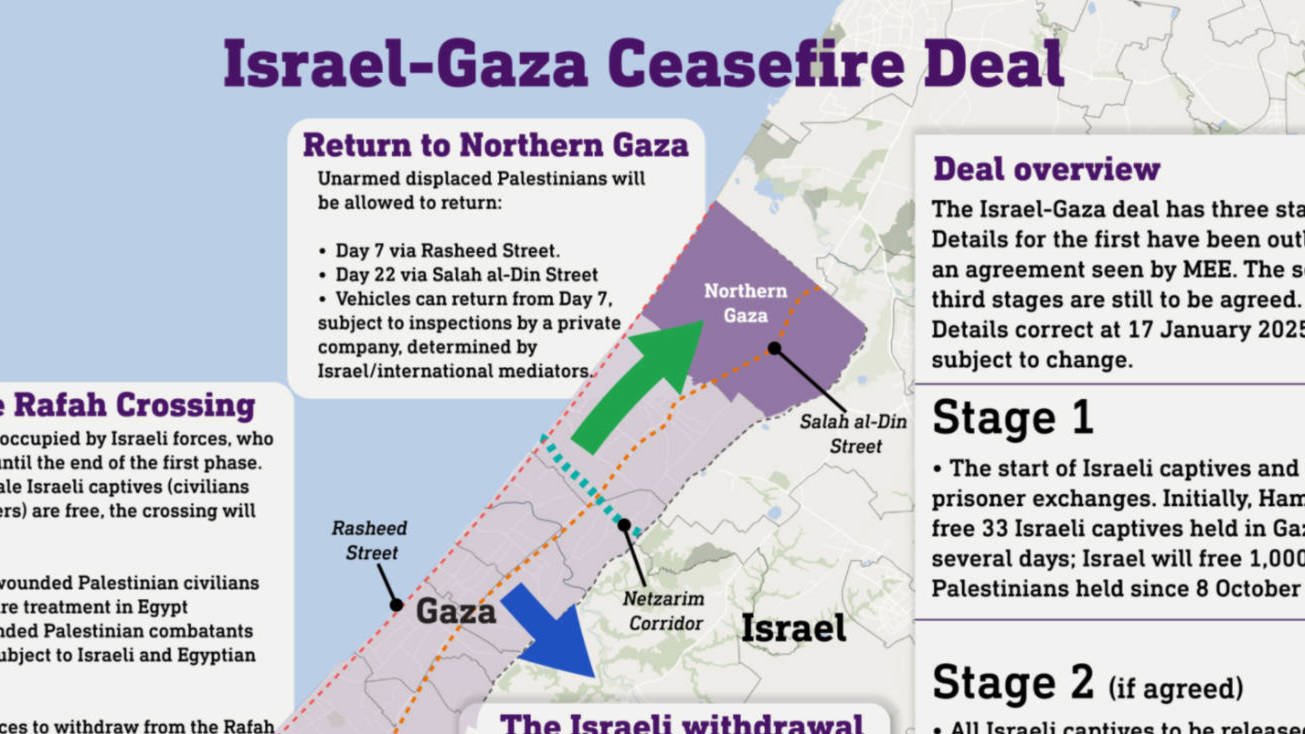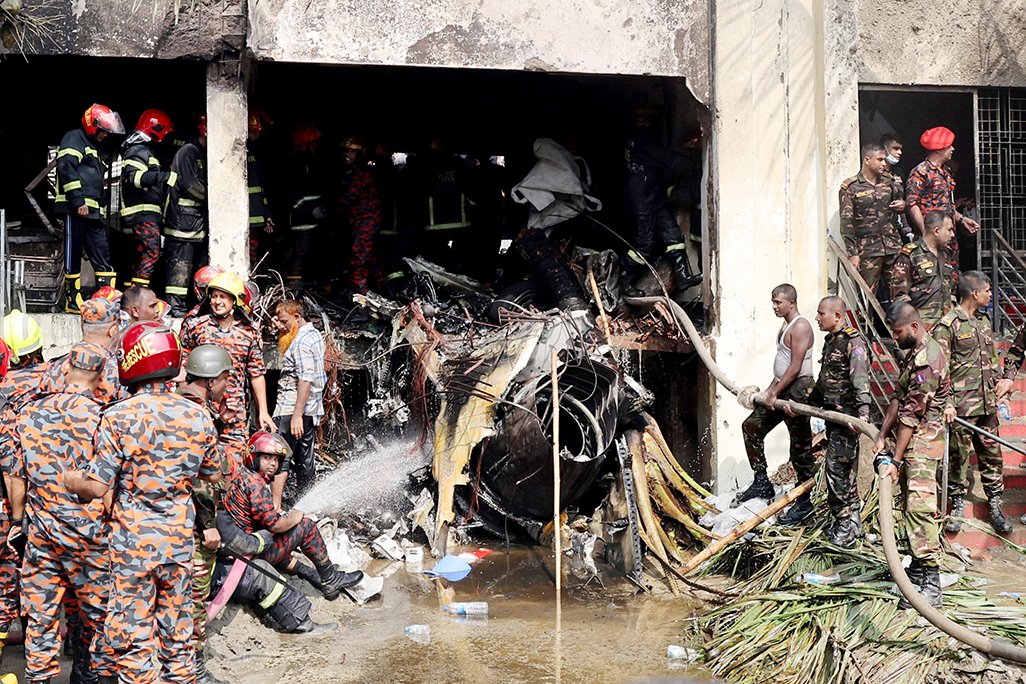

UN Calls for Ceasefire Amid Escalating Israel-Gaza Conflict: A Cry for Humanity
In a world increasingly hardened by politics, power, and polarization, voices for peace often get lost in the noise. Yet, amidst the dust and devastation of Gaza, a cry for humanity still echoes — loud and urgent. The United Nations has now stepped in once again, calling for an immediate, unconditional, and permanent ceasefire as the Israel-Gaza conflict spirals further into unimaginable horror.
A Conflict with No End in Sight
Since the renewed wave of violence, the Gaza Strip has turned into what UN Secretary-General António Guterres described as “a graveyard for children.” Hospitals are overwhelmed, schools are bombed, and refugee camps are no longer safe. Over 35,000 lives have already been lost, many of them innocent civilians — women and children whose only crime was being born in the wrong place at the wrong time.
On the other side, Israeli towns near the Gaza border have suffered from rocket attacks, hostage-taking, and civilian casualties. Families torn apart. Dreams shattered. The endless cycle of retaliation continues, with neither side finding closure — only more grief.
The UN’s Plea: “Ceasefire Now!”
For months, the UN Security Council struggled to pass a ceasefire resolution, blocked by global politics and veto power. Finally, in a rare moment of unity, the Council passed Resolution 2728, calling for an immediate and sustained ceasefire, the release of all hostages, and unhindered humanitarian aid into Gaza.
Although the United States abstained from the vote, the resolution passed with 14 votes in favor — signaling a global demand to end the violence. Secretary-General Guterres stated:
“There is no parallel in recent history to the scale of the destruction in Gaza. A ceasefire is not just a political necessity; it is a moral imperative.”
Humanity Is Bleeding
Beneath the political statements and official resolutions lies something more haunting: the sound of children crying under rubble, the fear in a mother’s eyes as she clutches her infant in a refugee tent, and the hopelessness of doctors performing surgeries without anesthesia or electricity.
One doctor at Al-Shifa Hospital in Gaza said,
“We are not fighting death anymore; we are just trying to delay it.”
Hospitals have run out of fuel. Clean water is a luxury. Families ration food and pray for survival. The UN has described the humanitarian situation as catastrophic, with over 80% of Gaza’s population now internally displaced.
Who Will Break the Cycle?
The world is watching, but watching is no longer enough.
Several countries — including Qatar, Egypt, and the U.S. — have stepped in as mediators, working on a 60-day phased ceasefire proposal. This would involve the gradual release of hostages held by Hamas, a temporary halt to Israeli operations, and the entry of humanitarian aid. But deep mistrust on both sides has stalled any real progress.
Hamas says it will not agree to a truce unless Israel agrees to a complete withdrawal from Gaza. Israel, on the other hand, insists that it will not stop until Hamas is dismantled entirely.
Caught in the middle are the people — civilians whose lives hang in the balance of political calculations.
The World’s Response
In a landmark emergency session, the UN General Assembly backed the ceasefire resolution with a two-thirds majority, a powerful moral statement from the international community.
European countries like Spain, Ireland, and Norway have gone further — recognizing Palestine as a state. These symbolic gestures are aimed at shifting the narrative from war to diplomacy.
Still, critics argue that resolutions without enforcement mechanisms are mere words. Human rights groups demand more than symbolic support: they want sanctions, arms embargoes, and international investigations into war crimes.
A Battle for Survival, Not Just Territory
The conflict has long transcended borders. It’s no longer about land or even ideology — it’s about survival. Gaza’s hospitals are operating in darkness. Babies in incubators are dying. Aid convoys are being blocked or bombed.
And through it all, the world asks the same question: How much more can we watch before we act?
For many Palestinians, the UN’s call brings a glimmer of hope — a sign that they are not invisible. For many Israelis, it offers a chance to pause and reflect, to mourn and to question whether endless war can ever bring true security.
The Children Are the True Victims
In both Gaza and Israel, children are paying the highest price. They are losing limbs, losing parents, and losing their futures. War doesn’t spare innocence. It robs an entire generation of stability, education, and safety.
One photo that has gone viral shows a Gazan boy holding the body of his sister wrapped in a white sheet, whispering,
“I’ll be strong for you.”
Such scenes are no longer rare. They are the daily reality.
Hope Lies in Humanity
Beyond governments, beyond politics, lies something more powerful: human empathy. Ordinary people around the world are donating, protesting, writing, and speaking up. From New York to London to Dhaka — people are marching for peace, for Palestine, for Israel, for humanity.
Peace cannot be achieved by force. It must be built on trust, justice, and the shared desire to protect life.
As António Guterres said,
“We need peace — not in the future, not tomorrow, but right now.”
Conclusion: A Final Call to Conscience
The UN’s call for a ceasefire is not just a diplomatic request — it is a desperate cry from the heart of humanity. If we fail to listen now, we may lose not just lives but our very sense of compassion and moral responsibility.
War cannot be the future. Bombs cannot be the answer. We must choose life. We must choose peace.




Comments
Leave a Reply